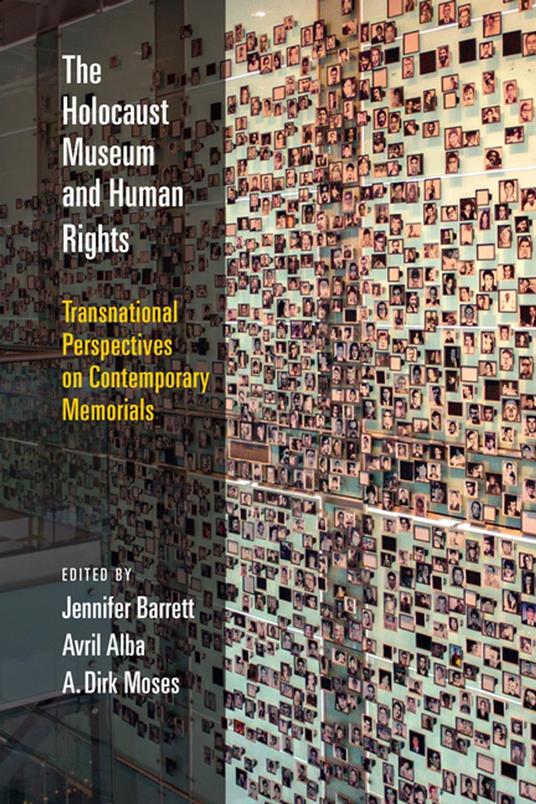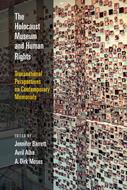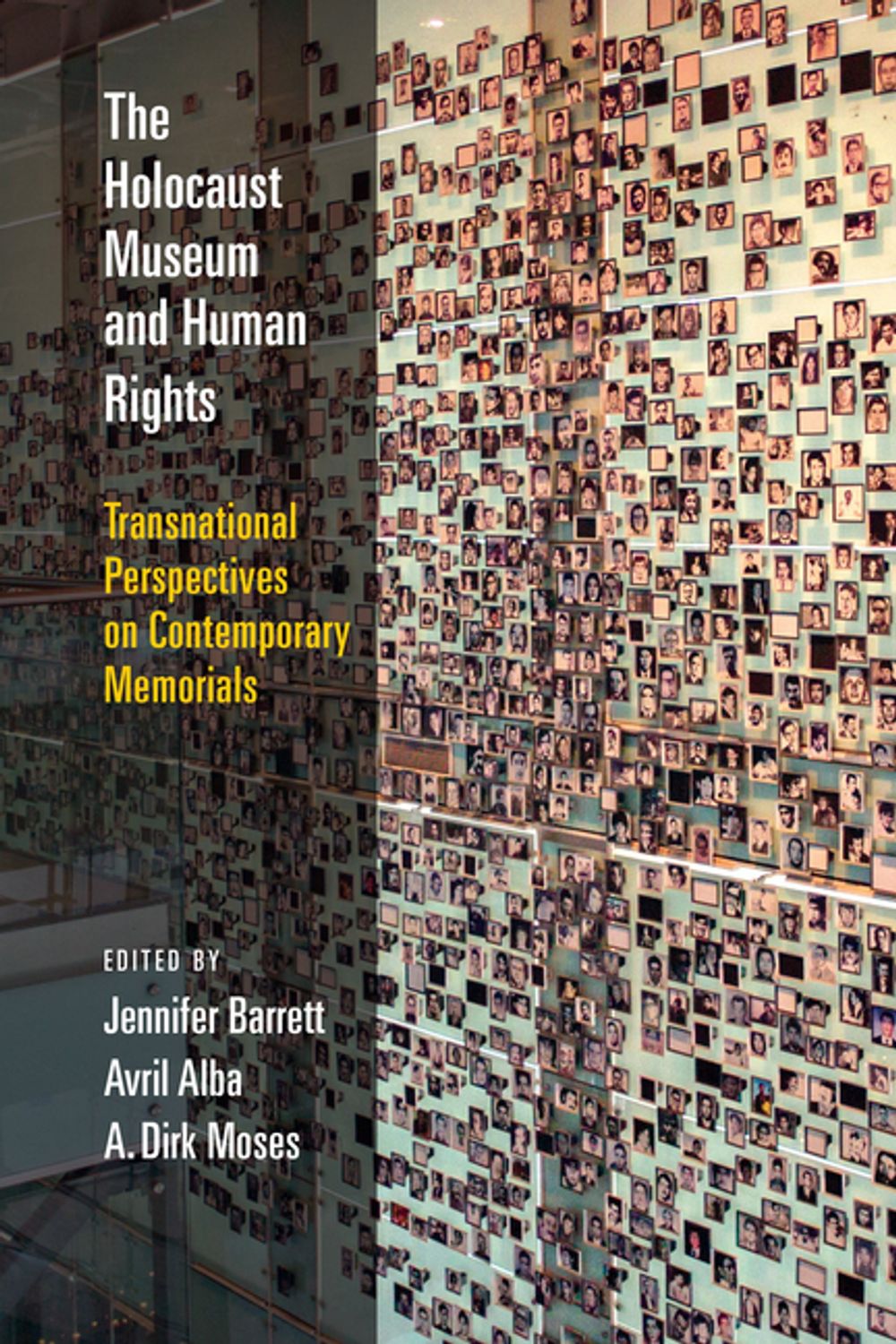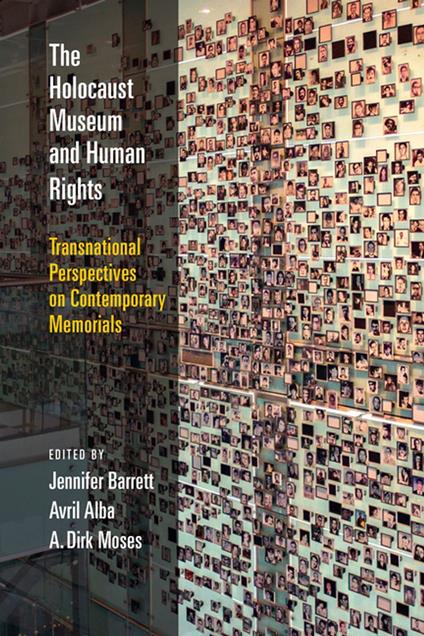The Holocaust Museum and Human Rights
Interrogates the global, and often controversial, phenomenon of Holocaust and human rights museums Spanning six continents—Europe, Australia, Africa, Asia, North America, and South America—this edited collection offers a comparative, transnational study of Holocaust and human rights museums that foregrounds the overlapping and often contested work these institutions do in narrating and memorializing histories of genocide and human rights abuses for a public audience. Museums that link the Holocaust with social justice, human rights, and genocide prevention have been founded in many countries—for example, the Kazerne Dossin Memorial Museum in Belgium, the Anne Frank House in the Netherlands, and the Johannesburg Holocaust and Genocide Centre in South Africa—making Holocaust and human rights museums a global phenomenon. It is not uncommon for these institutions to court controversy by linking the Holocaust to human rights issues in their locales and abroad. Some begin from a “Holocaust core” and extrapolate from this history to address broader concerns, while others integrate the Holocaust as “a” or, at times, “the” case study par excellence of human rights abuses. Other institutions that may not explicitly focus on the Holocaust continue to engage these representational practices to highlight other instances of genocide and human rights abuses. The case studies in this book illuminate the convergences between Holocaust and human rights museums in their demands for social justice and reparation, educational and activist purpose, design principles, and curatorial choices. But it also shows how these museums can also be sites of contestation around how stories of suffering, courage, and survival are told; whose stories are prioritized; and who is consulted. Although Holocaust museums were once the most influential form of representation of human rights issues in the international museum and heritage fields, they are now in dialogue—visually, spatially, methodologically—with museums and memorial sites concerned with human rights more broadly. Interrogating debates in both museology and Holocaust memory studies, this volume reveals how institutions dedicated to these concerns have become active and influential contributors to local, national, and transnational dialogues about human rights. Contributors: Avril Alba, Brook Andrew, Jennifer Barrett, Jennifer Carter, Danielle Celermajer, Steven Cooke, Donna-Lee Frieze, Shirli Gilbert, Sulamith Graefenstein, Christoph Hanzig, Vannessa Hearman, Rosanne Kennedy, Marcia Langton, Edwina Light, Wendy Lipworth, A. Dirk Moses, Tali Nates, Jessica Neath, Michael Robertson, Amy Sodaro, Garry Walter.
-
Curatore:
-
Anno edizione:2025
-
Editore:
-
Formato:
Formato:
Gli eBook venduti da Feltrinelli.it sono in formato ePub e possono essere protetti da Adobe DRM. In caso di download di un file protetto da DRM si otterrà un file in formato .acs, (Adobe Content Server Message), che dovrà essere aperto tramite Adobe Digital Editions e autorizzato tramite un account Adobe, prima di poter essere letto su pc o trasferito su dispositivi compatibili.
Cloud:
Gli eBook venduti da Feltrinelli.it sono sincronizzati automaticamente su tutti i client di lettura Kobo successivamente all’acquisto. Grazie al Cloud Kobo i progressi di lettura, le note, le evidenziazioni vengono salvati e sincronizzati automaticamente su tutti i dispositivi e le APP di lettura Kobo utilizzati per la lettura.
Clicca qui per sapere come scaricare gli ebook utilizzando un pc con sistema operativo Windows



